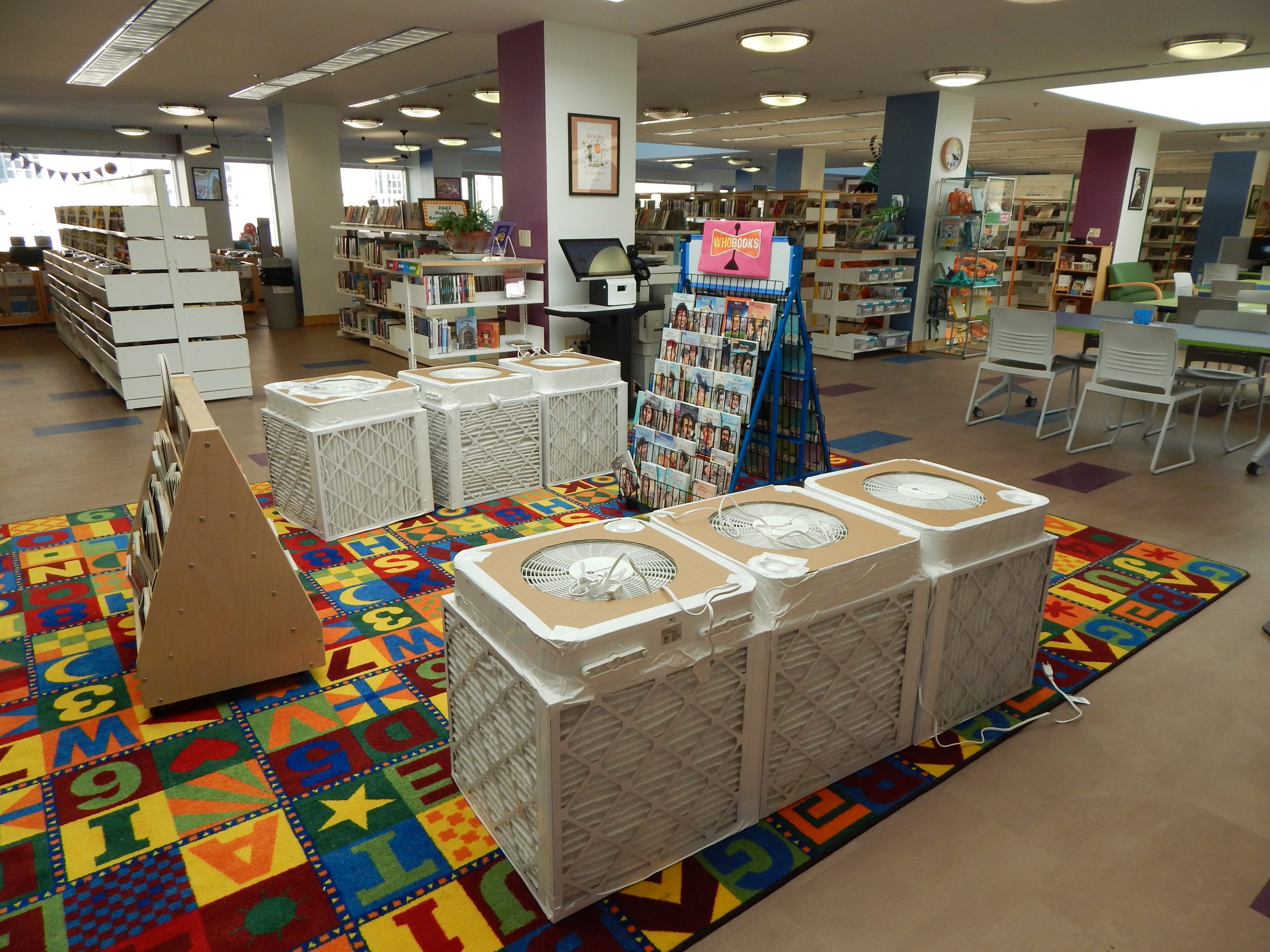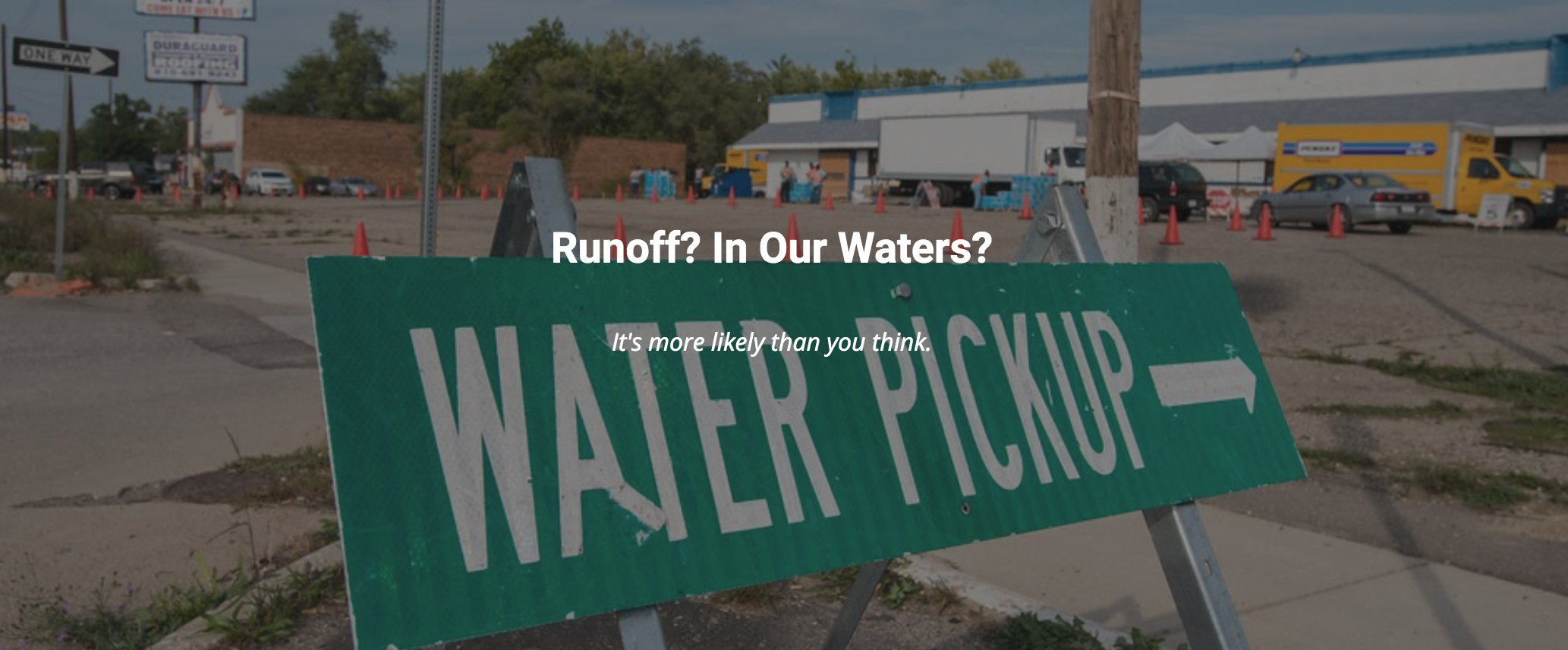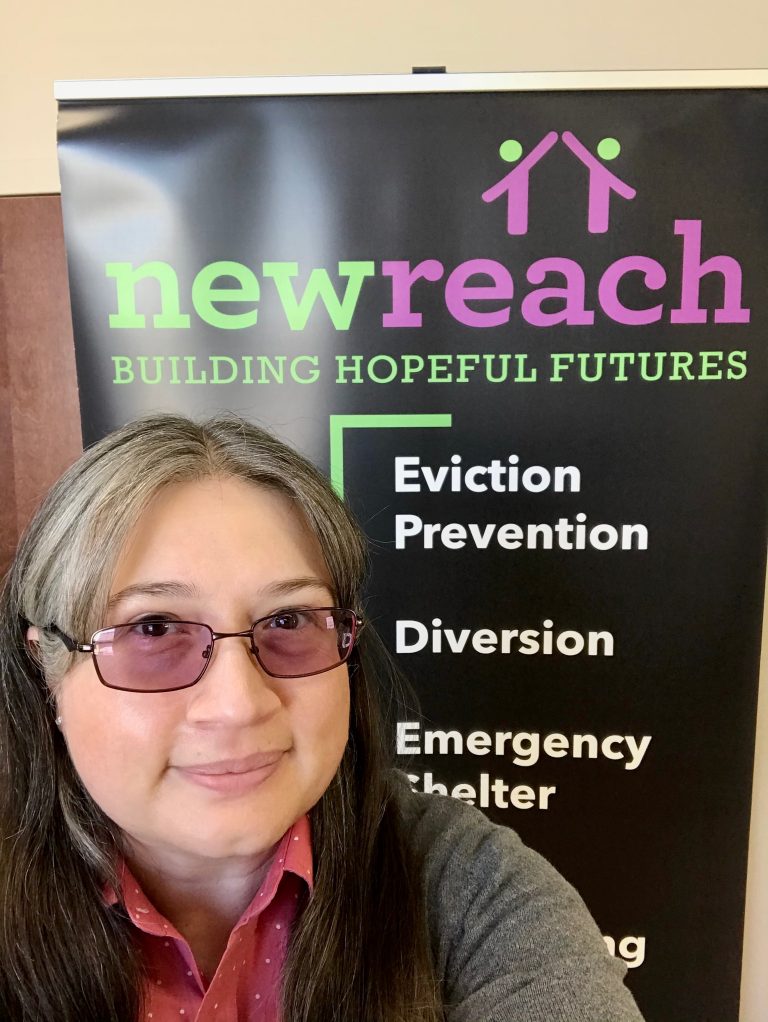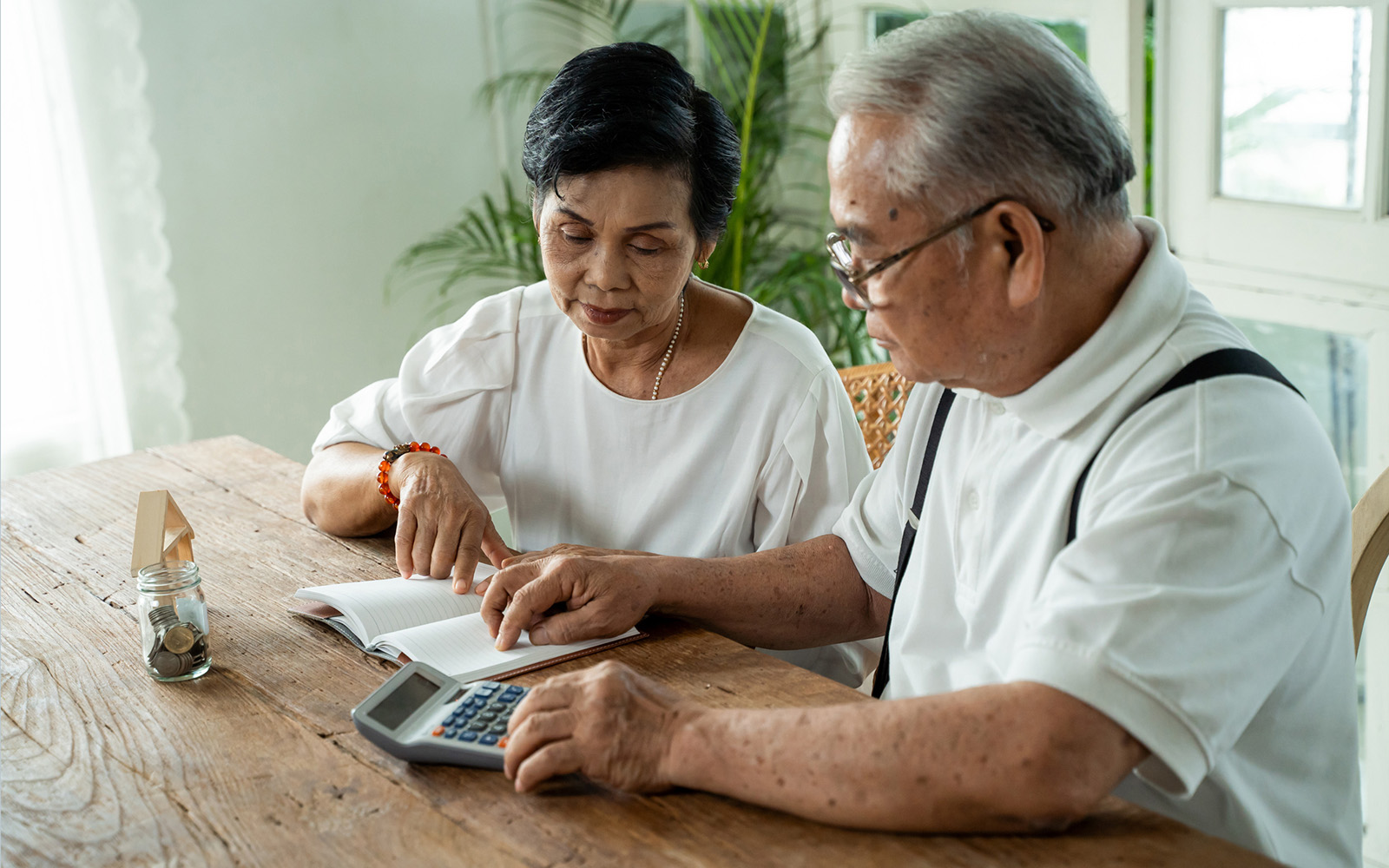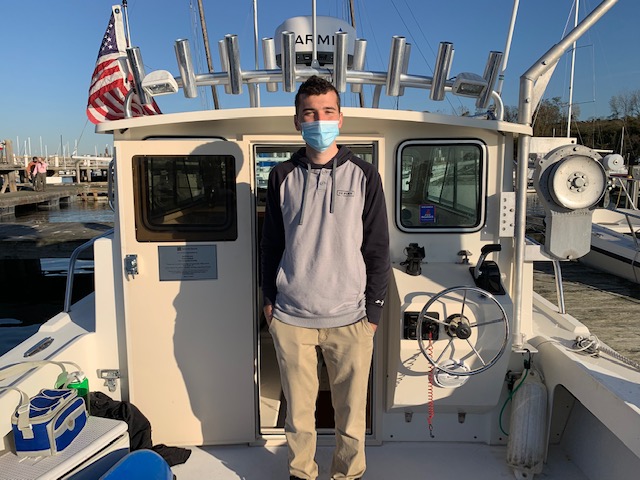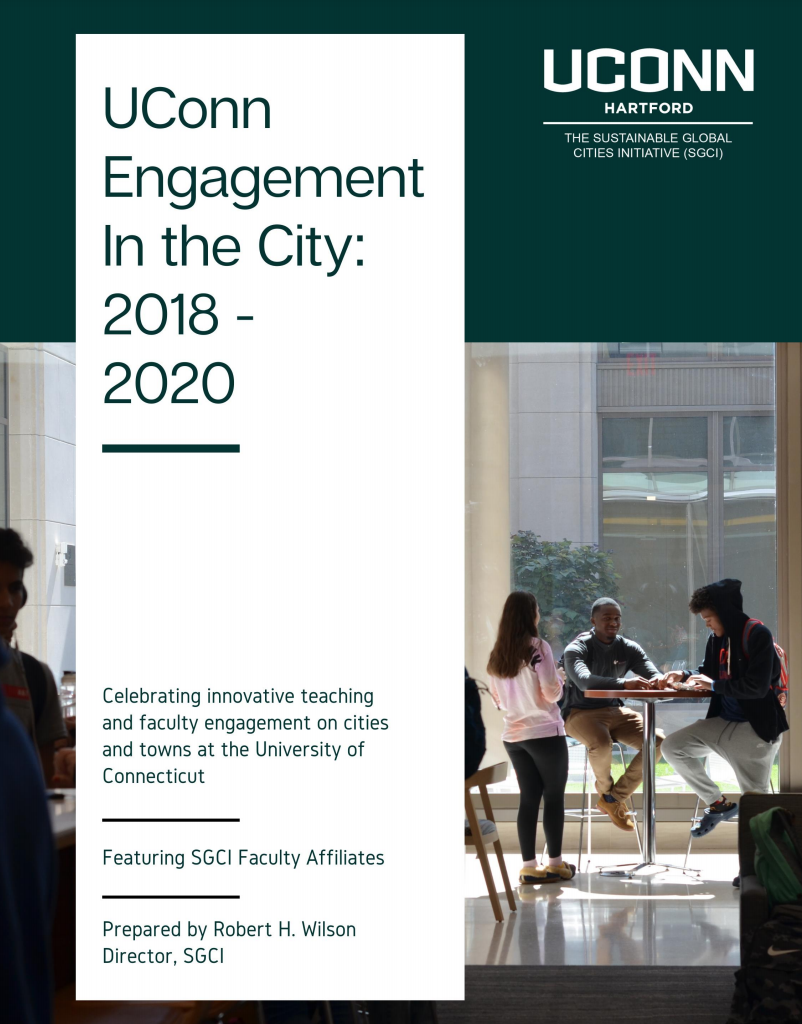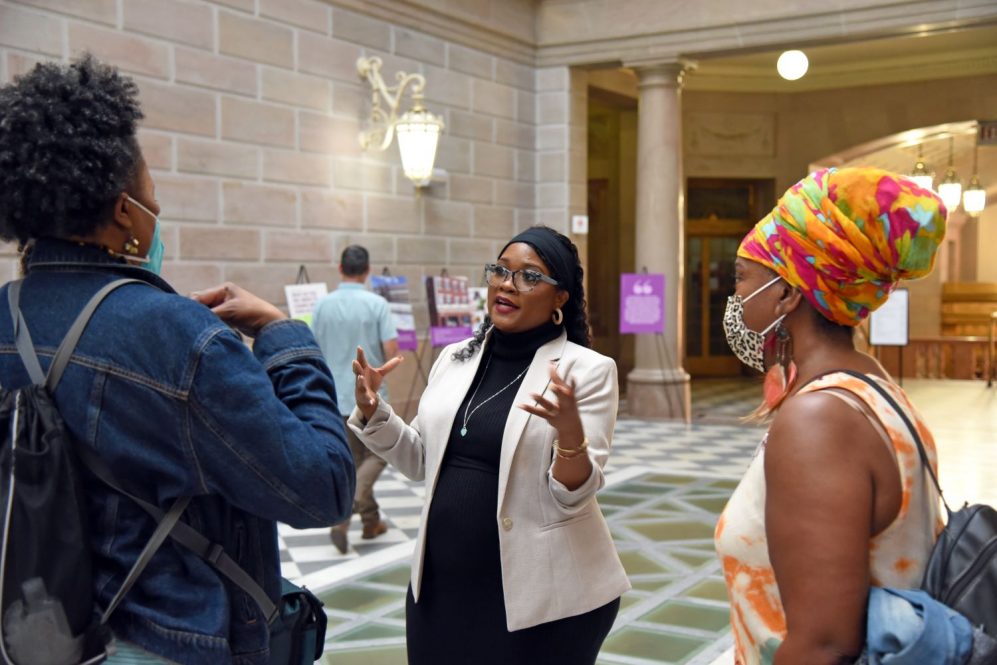

|
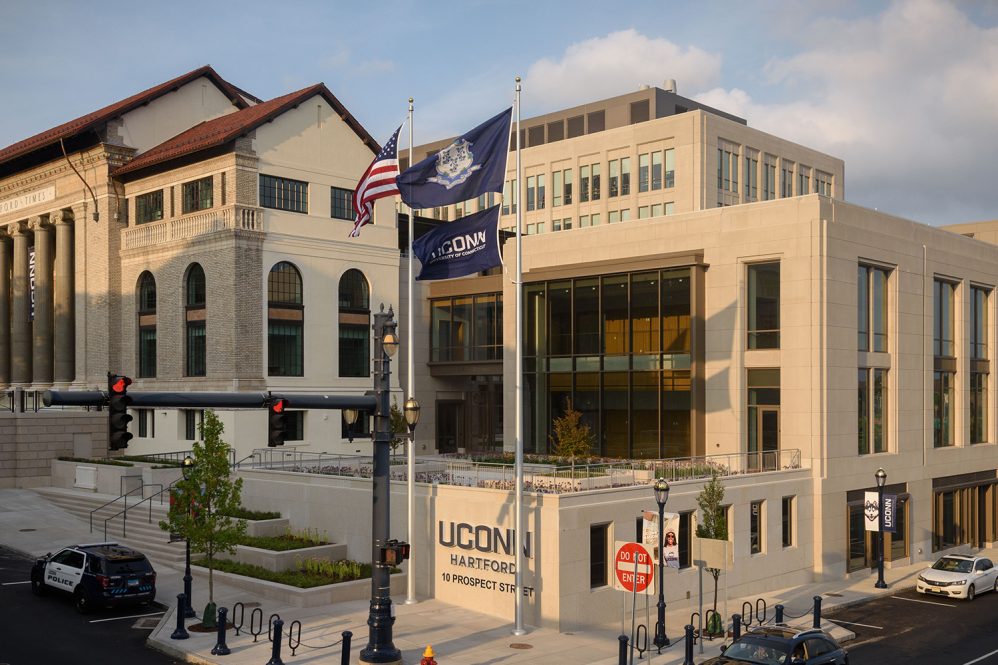
A two-day conference on “Anti-Racism in Education and the Community” will take place on Wednesday, April 13 and Thursday, April 14 at UConn Hartford and is open to all UConn faculty, staff, students and community partners.
The two days of presentations and speakers will be highlighted by keynote speaker Renée White, who is the provost and executive vice president for academic affairs at The New School, a private research institution in New York City.
“Dedicating a conference to the theme of anti-racism is relevant today,” says UConn Vice President and Chief Diversity Officer Frank Tuitt, who will deliver the closing remarks of the event. “Over the last couple of years, there has been a lot of activity, interest, and attention placed on addressing systemic and structural racism in a broad way. I think now that we have moved past some of the more public and high profile cases, attention has started to wane a little bit. Dedicating space in the form of a conference is a good way to make sure that we are not relaxing our focus on our efforts on addressing racism.”
The actual site for the conference event will be the Hartford Public Library on 500 Main Street, which has a working relationship with the UConn Library system. There will also be a virtual option for people to view the conference.

“The event will deal with issues of diversity, equity, justice and anti-racism in the context of being located in a city that is primarily brown, Black, refugees, and migrants,” says Mark Overmyer-Velázquez, the director of UConn Hartford. He will also be the opening speaker of the second day of the conference.
“This conference speaks explicitly to the mission of UConn Hartford, which is to provide an education to our students and serve the community of Hartford,” says Overmyer-Velázquez.
The funding for the conference comes from a grant from UConn’s Fund for Interdisciplinary Research (FIRE), which is administered by the executive council of El Instituto: Institute for Latina/o, Latin American, and Caribbean Studies, the Africana Studies Institute, the Asian and Asian American Studies Institute, and Women’s, Gender, and Sexuality Studies.
“Our proposal was to create a symposium that would better connect researchers, staff, students, and community in ways that would facilitate conversations about structural racism and education, but also give proper recognition that the tall task of talking about racism, researching racism, and solving the problems of racism do not belong to any one group, and that we might be able to do more collectively than in our siloed groups,” says David Embrick, an associate professor in sociology and Africana studies and director of the Sustainable Global Cities Initiative.
“The symposium is a chance to hear from one another about their contributions to the larger topic of anti-racism, education, and the community. To that end we will have sessions with panelists from the community, from students, from researchers, and from our UConn institutes and cultural centers,” Embrick said.
“We also realized that even though our proposal was approved for funding to put together a symposium this year, that this was an opportunity to fulfill a real need in collaborative engagement between UConn Hartford and the surrounding communities. We hope this will be an inaugural symposium, one that is followed by a yearly event that becomes institutionalized.”
Other UConn presenters at the event include Vice Provost of Faculty, Staff and Student Development Michael Bradford and Director of Africana Studies Institute Melina Pappademos. There will also be an interactive play produced by HartBeat Ensemble and several panel discussions.
“I’ve said in the past that part of our challenge is that we have a lot of folks within society and within our institutions who have really good intentions about addressing systemic racism, but perhaps don’t have the tools, skills and knowledge to do so,” says Tuitt. “This conference will allow us to do that in a very effective way and provide knowledge and insight so folks can really align their practices and good intentions and integrate them into work that really makes a difference.”
Registration for the event can be done here and please note the Tuesday, April 5 deadline.
“The mission of our regional campuses is to provide access to the state as a whole, and our work amplifies and extends the University’s efforts to be a place of educational excellence for the whole state,” says Overmyer-Velázquez. “Doing this type of work at UConn Hartford and the community of Hartford is responding to the mission of the entire University with the local focus of the people of our capital city.”
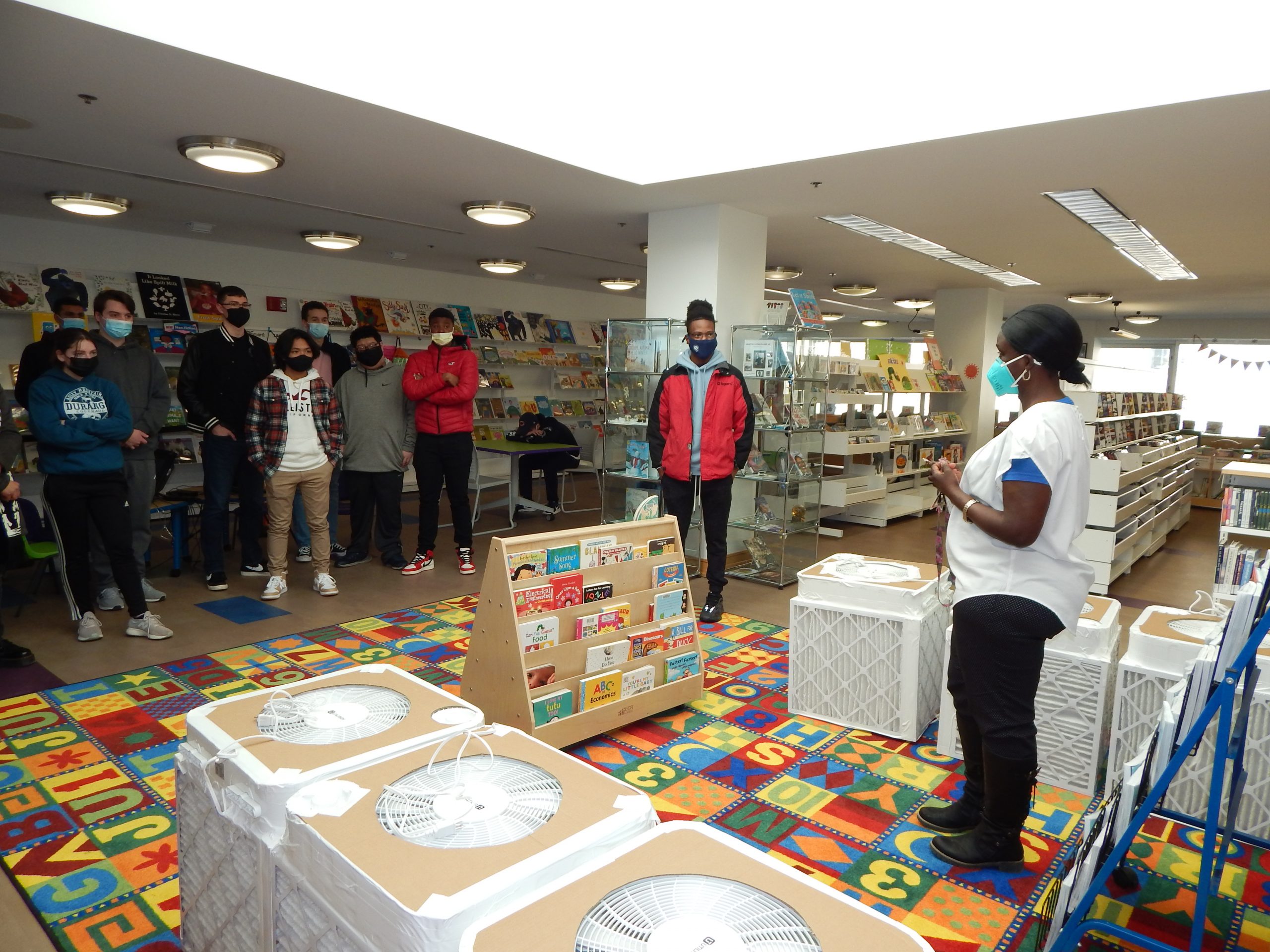
UCONN HARTFORD – Thirty-one students in Professor Adrian Weidmann’s ENGR 1166 (Foundations of Engineering) class designed a total of six air filter systems and donated them all to UConn Hartford community partner – and neighbor – the Hartford Public Library. The project was undertaken in conjunction with the Storrs and Avery Point campuses and all filters are being donated to community places local to the individual campus. With a limited number of filters to donate, the class assessed community spaces that receive high numbers of visitors and the Hartford Public Library was an easy decision.
“The Corsi-Rosenthal Box project was an opportunity to not only get into the engineer’s mindset but also to help the community by providing indoor spaces with cleaner air” said Michal Pupek, Civil Engineering ’24. The project took four weeks to complete and served a dual purpose; the first being, for students to learn about the Engineering Design Process and how to effectively function in multidisciplinary teams. The second purpose was to help address improving air quality in public spaces using a cost-effective method. Before starting the design process, the students spent ample time conducting research on the effects of air pollution and guidance for ventilation systems during the COVID-19 pandemic. Other groups across the university such as UConn health officials have engineered similar air filter systems and donated them to local school districts.
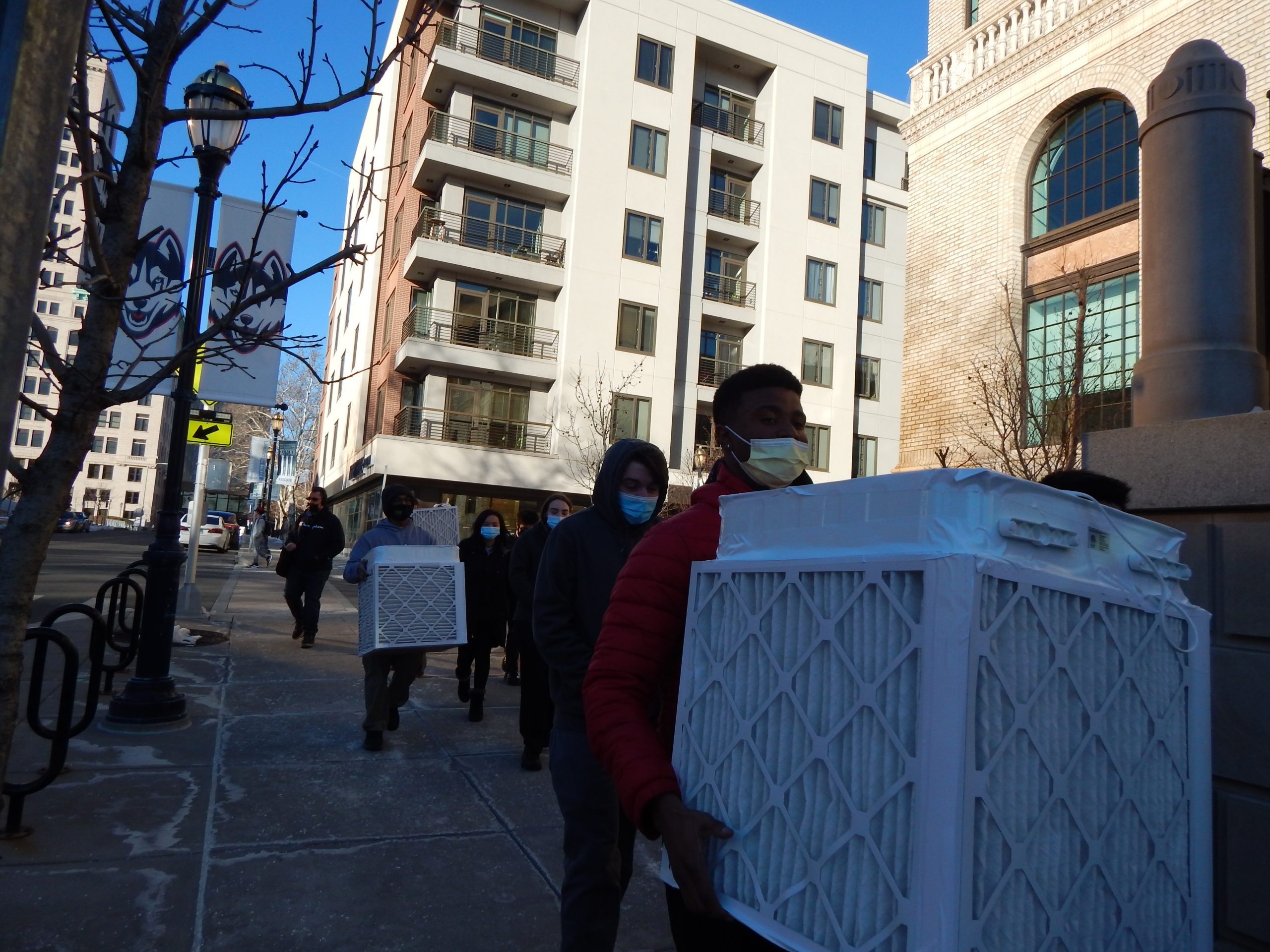
The biggest challenge facing the students was the precision required to build the air filters using minimal materials. The students overcame the challenge by working well together in the group setting and supporting one another throughout the entire build process. Once complete, the filters are easy to install, use, and replace once spent, and have a demonstrated positive impact on indoor air quality. The filters also have variable speeds, so noise levels can be easily managed by the library personnel who will manage them.
“Anybody can be an engineer. You just have to have an open and curious mind, want to solve problems in society, and be tenacious when problems pop up,” said Professor Weidmann.
With a second half of a semester still remaining, what will the engineering students do next? “Students will choose to solve a problem for ‘life on a Martian colony’ – to renewably generate electricity or how to safely explore the Martian landscape,” said Professor Weidmann. “The student groups will design, build, and test a wind turbine or a temperature controlled spacesuit helmet.”
Shoot for the stars, UConn Hartford. Congratulations to Professor Weidnmann and the engineering students on combining learning objectives with community engagement.
